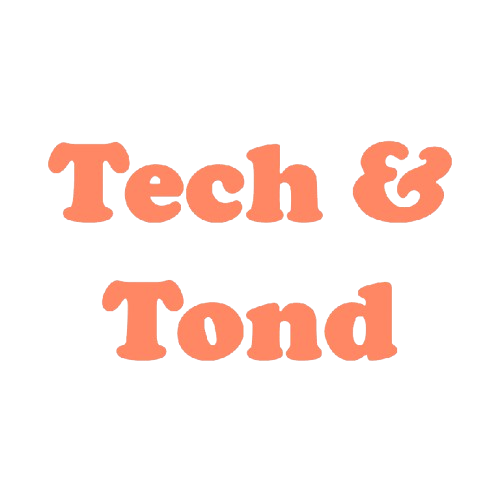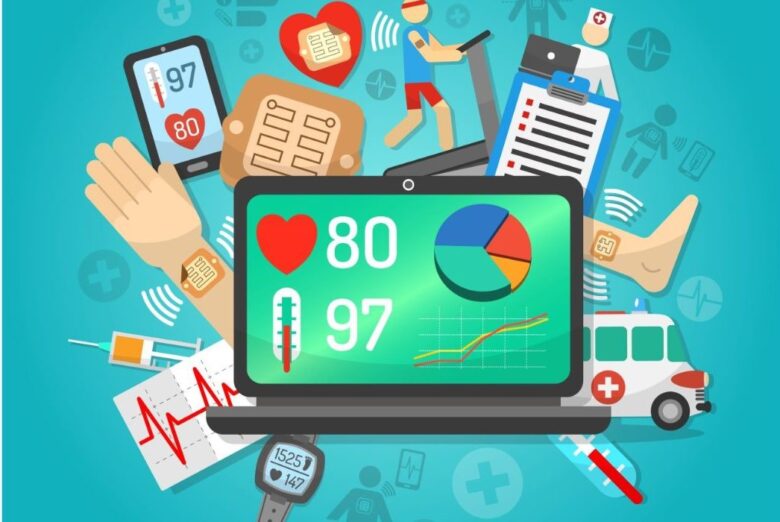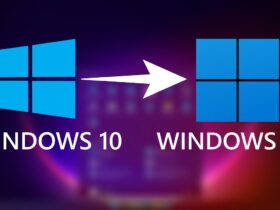To educate and engage their patients, hospitals and healthcare providers must navigate. The digital world of today utilizes social media. Social media platforms offer hospitals a distinctive opportunity to establish connections with their communities and disseminate health information. Additionally, they aid in building trust with potential patients. Also, Social media marketing in healthcare requires more than just infrequent posts. This necessitates a strategic and expert-guided approach, where social media agencies for hospitals come in useful.
An Overview of Social Media for Hospitals
The significance of social media in the healthcare industry of the present
In the current digital healthcare era, patients increasingly rely on online sources for health information, doctor evaluations, and hospital updates. Social media gives hospitals a platform to promote their services and educate the public on health topics. Hospitals can enhance their credibility, engage patients, and connect with local communities by establishing a robust social media presence.
Hospital Social Media Marketing
Social media is a valuable tool for hospitals to engage and connect with patients, caregivers, and the broader community. This entails the development, supervision, and optimization of their content across a variety of platforms. This encompasses the dissemination of educational content, the exchange of patient testimonials, the resolution of health-related inquiries, and the promotion of wellness.
The significance of agencies in healthcare social media marketing
The advantages of employing a social media agency with specialized skills
Hospitals can capitalize on the expertise and knowledge of professionals. Who is acquainted with both healthcare. and digital marketing regulations by employing a social media agency? The agencies offer a personalized approach that encompasses content creation and analytics. The agencies also guarantee compliance with healthcare laws. Like HIPAA and the protection of patient information in all their activities.
The obstacles that hospitals encounter in the absence of professional social media assistance
A proficient agency can assist hospitals in the maintenance of an engaging and effective social media presence. Some of the most prevalent obstacles include inadequate resources, inadequate comprehension of social media trends, and an inability to monitor compliance. A reputable agency can assist you in avoiding these traps and achieving superior outcomes.
Healthcare and Social Media: Audience Analysis
Who follows hospitals on social media?
Hospitals frequently include healthcare professionals, attendants, and patients in their social media followings. The requirements of each audience segment will vary. They may be seeking health information, information regarding services, or community support.
Common patient and healthcare seeker needs on social platforms
Social media is an excellent resource for patients seeking answers to their health concerns, information on hospital services, and wellness tips. By addressing these demands, hospitals can enhance their reputation as trusted healthcare providers.
The primary social media platforms in hospitals
The most effective platforms for engaging a wide range of healthcare audiences.
Healthcare marketing is compatible with each social media platform. Facebook is an effective platform for promoting events and engaging with the community. Instagram is ideal for visual narrative. LinkedIn facilitates professional networking. Though Twitter offers rapid updates. TikTok has gained popularity for its health awareness campaigns aimed at younger audiences.
The strategies are specific to the hospital platform
Hospitals can conduct live Q&A sessions on Facebook. Instagram is an excellent platform for sharing wellness graphics and behind-the-scenes photos. Twitter is an effective platform for real-time updates, while LinkedIn is an excellent platform for sharing hospital accomplishments and job listings. Hospitals can effectively communicate with their intended audience through multi-platform marketing.
Hospitals receive core services from social media marketing agencies.
Content Creation and Curation
They assist hospitals in the creation of engaging and diverse content, such as articles, infographics, patient tales, and videos. They possess an understanding of the topics that resonate with healthcare audiences and leverage this information to develop content that fosters engagement and trust.
Reputation Management and Community Engagement
It is crucial to promptly address messages, comments, and evaluations in order to effectively manage an online community for a hospital. Community engagement is the primary focus of the agencies. They guarantee that followers receive prompt responses, which fosters loyalty and improves the hospital’s reputation.
Strategies for paid promotion and advertising
The agencies manage social media advertisements specifically tailored to specific demographics, such as local patients in need of specialized medical treatment. This has the potential to result in substantial increases in patient acquisition and brand awareness.
Performance Monitoring and Analytics
It is crucial to monitor the effectiveness of your social media campaigns. Agencies employ analytics tools to monitor engagement, reach, and conversions. Hospitals can use these valuable insights to continuously improve their social media strategies.
Select the appropriate social media marketing agency to promote your hospital.
Characteristics of a Healthcare-Specific Social Media Agency
When selecting a social media agency, hospitals should take into account the following: a tailor-made approach, proven results, a solid comprehension of regulatory compliance, and experience in healthcare. In order to satisfy the unique requirements of healthcare marketing, an agency must possess these attributes.
There are inquiries to address before forming a partnership with an agency.
Hospitals should inquire about the agency’s prior experience working with clients in the healthcare industry, as well as its compliance strategy, reporting procedures, and case studies. These inquiries will assist you in ascertaining whether the agency is capable of producing the intended outcomes.
Designing a Social Media Strategy in Partnership with an Agency
Establishing Measurable Objectives
The initial stage in developing a successful social media strategy is to establish a clear objective. Hospitals may endeavor to increase website traffic, engage patients, or raise community awareness. The hospital and the agency can monitor progress and make data-driven adjustments by establishing measurable targets.
We are establishing key performance indicators (KPIs) for hospital marketing.
The engagement rate, growth of followers, website traffic, and conversion rates are all key performance indicators (KPIs) that hospitals can implement for social media. These indicators provide hospitals with valuable feedback regarding the strategy’s efficacy and enable them to optimize their approach.
Developing an engagement strategy to enhance brand recognition
The agencies collaborate with hospitals to create a comprehensive marketing strategy that emphasizes the hospital’s services and provides patients with valuable health information. This combination cultivates customer loyalty and enhances brand recognition.
Social media content strategy and planning for hospitals.
Content types that connect with healthcare audiences
Healthcare audiences respond favorably to content that inspires and educates them. Included are health awareness campaigns and patient success stories.
Wellness advice and patient narratives
Wellness tips and educational posts promote healthy living. Social media calendars should incorporate these types of posts.
How can we maintain an equilibrium between promotional posts and informative content?
Finding the appropriate equilibrium between promotional and informative content is crucial. Informative posts that do not constitute a sales proposal establish trust.
Regulatory and Compliance Concerns
Understanding the HIPAA Regulations
Any violation of social media regulations in the healthcare sector may result in legal penalties. Healthcare agencies are cognizant of the regulations and ensure that all content adheres to privacy laws, including HIPAA. This safeguards patient information.
In healthcare marketing, how do agencies guarantee compliance?
They assist hospitals in the development of strategies that do not rely on patient-identifying data. Additionally, the agencies maintain awareness of regulatory modifications to guarantee compliance.
Employing patient testimonials and evaluations
The Most Effective Methods for Demonstrating Patient Experiences
Shared patient testimonials are an effective method for establishing trust. The agencies can help hospitals navigate the legalities surrounding patient accounts and ethically emphasize positive experiences.
Sharing patient stories: legal and ethical considerations
Agencies comprehend the ethical implications of sharing patient narratives. They help hospitals adhere to best practices, including the use of testimonials and the acquisition of patient consent, all while ensuring the privacy of their patients.
Final words.
Hospitals can utilize social media as an effective instrument to engage and provide support to their patients and communities. Social media agencies assist hospitals with the necessary expertise to navigate the intricacies of healthcare marketing. They allow hospitals to establish a strong online presence. While simultaneously adhering to regulatory requirements. By utilizing the expertise of an experienced agency, a hospital can improve its brand and establish meaningful relationships with its patients. These agencies offer customized solutions to assist hospitals in establishing themselves as dependable resources for their communities.
FAQ
- What is the efficacy of social media in hospitals?
- Although the return on investment (ROI) is unpredictable, social media can enhance brand recognition and attract new patients.
- What methods do hospitals employ to guarantee HIPAA compliance on social media platforms?
- Hospitals establish partnerships with organizations that comprehend healthcare regulations and implement measures to safeguard patient data.
- Is there a potential benefit for hospitals from influencer marketing?
- When implemented in conjunction with healthcare professionals or respected local figures, influencer marketing has the potential to enhance credibility.
- What is the recommended frequency of social media posts for hospitals?
- The critical factor is consistency. The frequency of your posts will be contingent upon your platform and strategy, but the audience will be more engaged if you post multiple times per week.
- What categories of content are most effective for healthcare audiences?
- The most effective methods for establishing trust and engagement are patient stories and wellness recommendations.







Great analysis and also enlightening…
Incredibly analysed
This article is helpful to introduce social media marketing for overall health sector. We can work more on it like- survey, public comment, feedback etc.
This can give us a space to work on it.